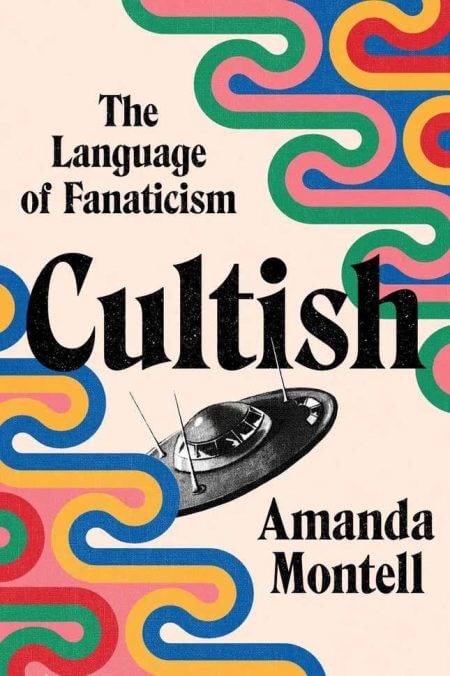A Podcast Taught Me That We’re Probably All in Cults, and It’s (Mostly) Fine
On Sounds Like a Cult, hosts Amanda Montell and Isa Medina analyze everyday cults like Disney adults to multi-level marketing schemes.
In Depth

In 2017, a California “social club” accused a rival organization of subjecting them to a shakedown, demanding hundreds of dollars in protection money. These weren’t some Sons of Anarchy-style criminal biker gangs, however: both groups were composed of adult Disney super fans. Among certain Disney lovers, passion for all things House of Mouse had grown so intense and tribal that they’d created groups modeled on outlaw motorcycle gangs, complete with names like “Walt’s Most Wanted,” patch-laden denim jackets, and inter-faction rivalries.
The shakedown allegations were some of the most extreme examples of the broader “Disney adult” phenomenon, which finds grown-up fans planning their vacations around theme park events, dressing up as their favorite animated characters, and amassing merch collections that would make the riches of Tutankhamen’s tomb look comparatively modest. It all seems, well, kind of culty—which made the entertainment mega-corp’s most passionate devotees perfect fodder for Amanda Montell and Isa Medina’s podcast, Sounds Like a Cult.
“’Disney Adults’ was such a polarizing episode, funnily enough,” Montell told Jezebel this week, “because there are some people who think adults who are super fans of Disney are really creepy, and then there are those who are like, ‘No, they get an unfair rap.’” The podcast’s goal is to “ride that line in the middle,” she said, and in doing so, shed some light on the everyday cults that are all around us.

Sounds Like a Cult isn’t Montell’s first entry into the world of highly controlling religious, spiritual, wellness, and social movements. She authored the book Cultish: The Language of Fanaticism last year, which examines the ways in which language is often used to create in-group loyalty, increase skepticism of outsiders, and disincentivize critical thinking. Montell does this through explorations of groups as varied as Heaven’s Gate and CrossFit.
-

-

-

-

-

-

-

-

-

-

-

-

-

-

-

-

-

-

-

-

-

-

-

-

-

-

-

-

-

-

-

-

-

-

-

-

-

-

-

-









































